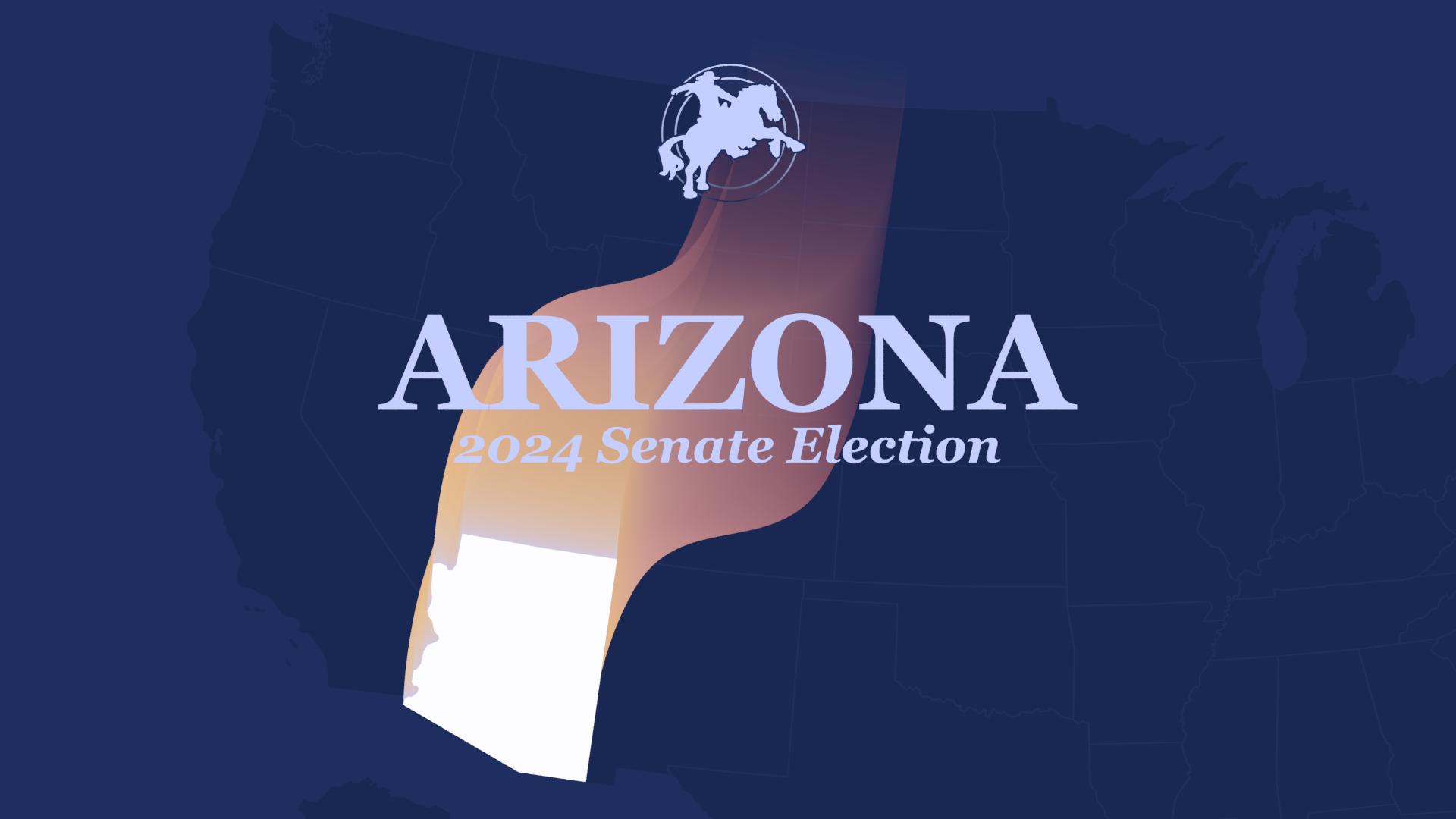
In Arizona, Republicans Had a Chance to Learn from Their 2022 Mistakes. Instead, They Nominated Kari Lake for the Senate
For a few months, it seemed like this year’s Arizona Senate election was going to be a true three-way race. In 2022, enigmatic Democratic incumbent Kyrsten Sinema left the party to become an independent, prompting Democratic Congressman Ruben Gallego to launch his own Senate campaign in early 2023, criticizing Sinema’s ties to business and her opposition to filibuster reform. Even though this would hypothetically give Democrats two friendly options in an election they need to win to have any hope of holding onto the Senate, it also threatened to split the vote against whoever the Republican candidate would be. And given the general trajectory of the Arizona Republican Party, that probably meant giving someone far, far to the right a seat in the Senate. But in March, Sinema dropped out, and the lack of a competitive Democratic or Republican primary made it clear that this race would be between Gallego and Republican Kari Lake.
Lake, you may remember, is the former TV news anchor who ran for governor in 2022. Perhaps the most right-wing gubernatorial candidate that cycle outside of Pennsylvania’s Doug Mastriano, Lake ran on her support of an 1864 Arizona abortion law that banned abortions except to save the life of the mother, deporting illegal immigrants without federal oversight, and, most notably, blatantly false claims that the 2020 election was stolen from Donald Trump. Of course, these stolen election claims only grew louder when Lake herself lost the governor’s race to Democrat Katie Hobbs (who, as Arizona’s Secretary of State, oversaw the 2020 election) and kicked off an ultimately futile attempt to have the results overturned.
Early on in her Senate campaign, Lake gave some signals that she was ready to (somewhat) move on from her more confrontational 2022 approach, saying that she now opposed the 1864 abortion law before flip-flopping back in support of it. And despite claiming to have driven “a stake through the heart of the McCain Machine” after she won the 2022 gubernatorial primary, Lake seemed to strike a more conciliatory tone with moderate members of her party in 2023. But as the campaign has worn on, Lake has rejected the notion that she needs to moderate to attract the kinds of voters who refused to support her in 2022, reversing her position on abortion again and telling Punchbowl News that “the America First agenda is the greatest way for people in the middle.”
To be fair to Lake and the Republicans, the fundamentals of this race indicate that Arizona should be ripe for the picking. As a border state, the unpopularity of the Biden Administration’s immigration policies carry a particular weight in state-level politics, and Gallego’s sharp criticisms of Trump’s border wall, past support of Medicare for All, and former membership of the Congressional Progressive Caucus should make him vulnerable in a purple state. But Gallego has pivoted to the center while Lake has not, and the result is a consistent polling lead for the Democrat that reached nine points in the latest New York Times/Siena poll of the race. Perhaps Donald Trump’s presence at the top of the ballot will be enough to draw low engagement Republicans to the polls and put Lake over the top, but recent polls have shown Kamala Harris running neck and neck with the former president in the Grand Canyon State, possibly blunting any advantage his presence on the ballot might provide her with.
As such, the fundamentals seemed to have shifted: instead of a devoted MAGA Republican running against a Bernie-style progressive, Arizonans are being forced to make a choice between a local celebrity feuding with John McCain’s daughter who claims her last election loss was invalid and a Latino Iraq War veteran who’s moderated his views to fit the state so much so that he’s even received the endorsement of the Trump-supporting Arizona Police Association (who, adding insult to injury, endorsed Lake’s 2022 gubernatorial run). Given Arizona’s newly-minted pedigree as a swing state, Lake certainly has the opportunity to close this gap and reclaim the seat for the Republican Party. Whether or not she has the ability to do so, however, is another question entirely.